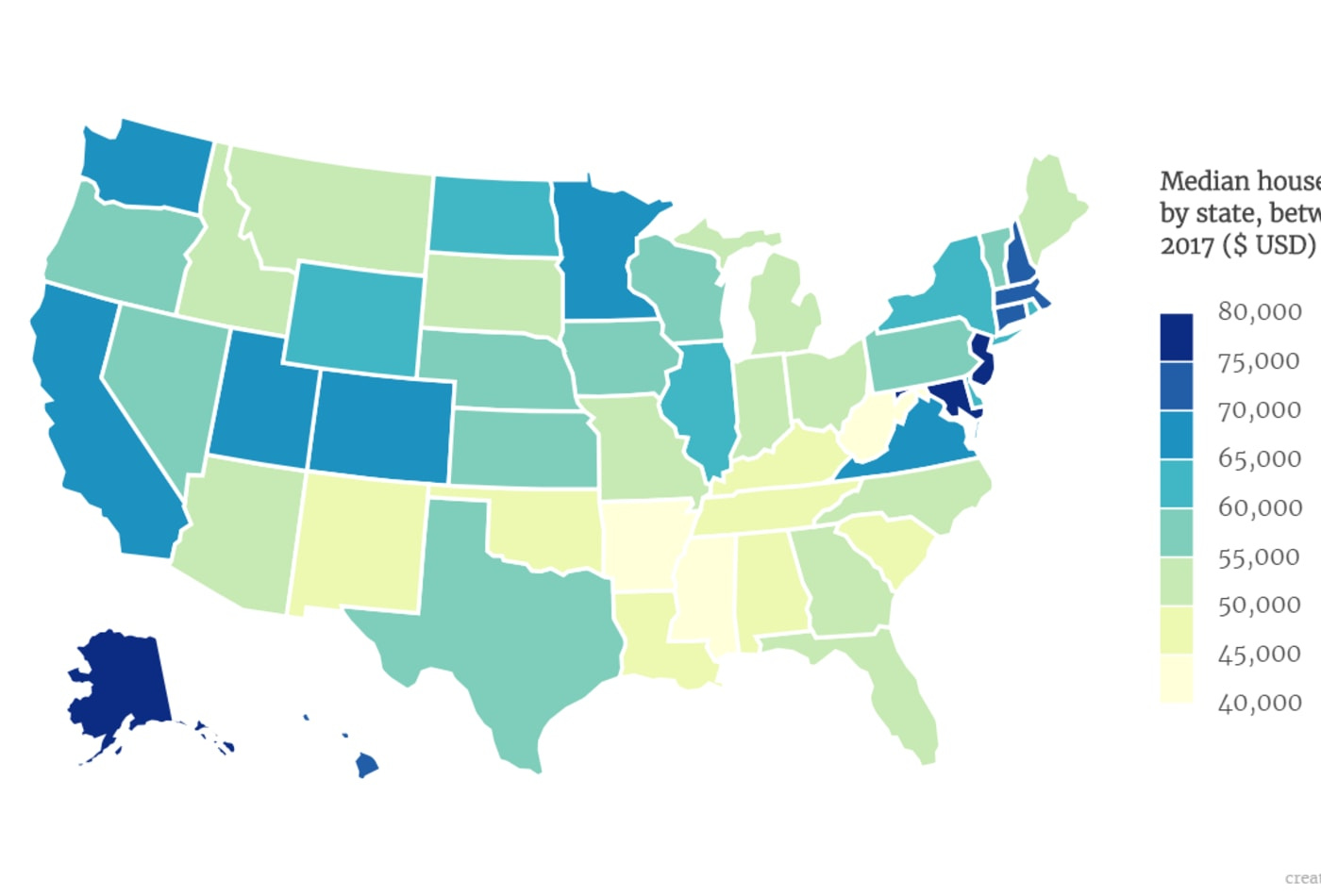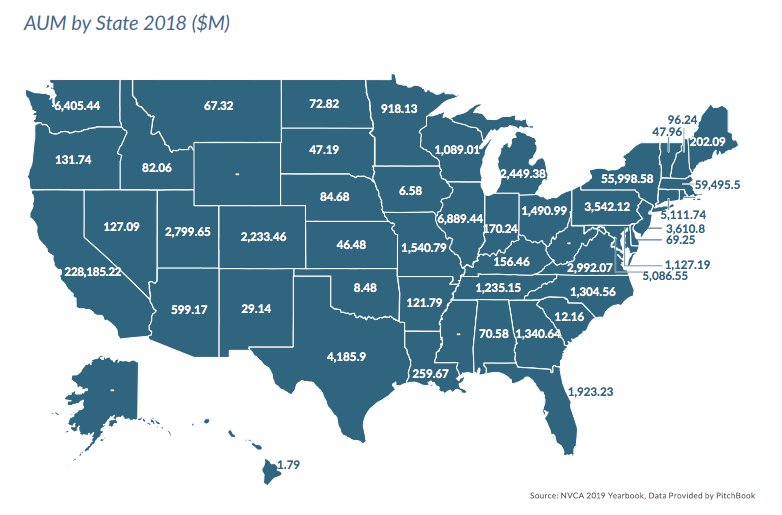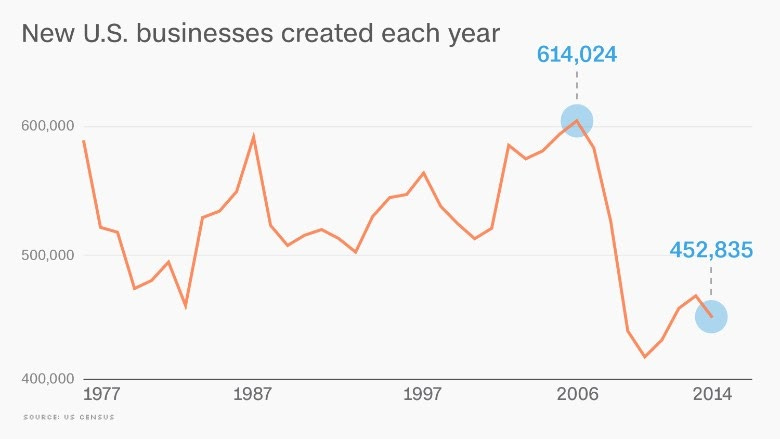Building distributed tech hubs to drive economic prosperity
How a massive shift to remote work can boost entrepreneurship across the country
There is an emerging opportunity to build a new network of entrepreneurial ecosystems across the country as companies put in place long-term remote work policies and technology professionals relocate from San Francisco and New York. This growing network could increase opportunity for entrepreneurs and builders of all kinds, drive economic prosperity in the regions within the coasts, and empower the next generation of founders.
There is not a company in the world that hasn’t learned more about working remotely over the past few months than they would have without the pandemic. The months-long lockdowns have proven to corporations big and small that remote work is possible with equal or greater employee productivity. [1] Employees benefit from increased flexibility and more time with their families, while companies are able to save on real estate costs and expand the talent pool from which they hire. A spate of investment into remote work tooling and infrastructure, along with increasing distribution of best practices to managers, will support remote work over the long term. [2]
As of November 2020, the largest U.S. technology companies have put in place extended work from home work policies until at least Summer 2021. And most of them, plus other big names in tech like Twitter, Square, Shopify, and Zillow are incorporating policies to allow much of their workforce to work remotely indefinitely. [3] These changes are disentangling tens to hundreds of thousands of top tier talent from the tech hubs on the coasts. [4]
Migration data backs up this shift in the talent pool. More people were looking to leave California and New York than remain there in Q3 of this year. [5] In August, total sales across NYC reached its highest levels since 2010. [6] Even before COVID hit, tech talent was leaving. In 2019, a net 200,000 residents left California in total, and many “semi-retired tech millennials” were leaving San Francisco for Austin and other areas with more attractive tax regimes. [7, 8]
Notably, the remote work changes will also allow millions of developers and product managers in middle America to be hired to work and be trained at Facebook, Twitter, or at one their competitors. As a result, I expect to see a shift in the geographic distribution of the nation’s tech talent in the years to come.
In order to counteract some of the downsides to a completely remote work culture - including employee isolation and detachment from company culture - it’s likely that many of these companies will establish a multitude of distributed hubs around the globe. [9] These hubs might include small physical offices for employees to work out of for a few days per week, and serve as a center to hold regional events.
By the end of 2021, we could see a scenario where Facebook, Microsoft, and Amazon, among others, will have created their own separate mini-hubs in cities not traditionally associated with tech like Indianapolis, Raleigh, Newark, or Little Rock. Developers may not work in an office or within the city center on a daily or continuous basis, but they are likely to form meet-ups and mesh with other tech talent in the area. In time, a few coworkers may quit to start their own company together and choose to stay and grow it in the same city.
This virtuous cycle would only edify newly established local tech hubs and diversify talent pools outside of mega-cities. The draw of top tech talent to mini-hubs will have positive second-order impacts on the local economy as well. The tax base for the region surrounding these cities will increase, funneling investment into new and improved infrastructure and public goods. A newly formed class of lawyers, designers, development shops, and others may move to the up-and-coming area, and be readily available to service newly formed startups. Technologists who have made some money climbing the corporate ladder might begin to write angel checks, and former coworkers might become the first few employees.
In this version of the future, these hubs and their surrounding boroughs might become tech startup hubs in their own right. Why does this matter? As many readers know, innovation-driven enterprises - those which are powered by technology and are often venture backed - power the vast majority of job growth in the U.S. [10] They have a massive multiplier effects on their surrounding area - drawing talent while also bringing in other jobs to the area (including for restaurants, shopping centers, bars, hotels, and construction).
Spreading out innovation-driven entrepreneurship throughout the country can also help to narrow our country’s extreme income inequality. In 2018, 80% of US venture capital dollars went to three states - California, New York, and Massachusetts. These states contain only 20% of the population and all rank above the median household income in the country. [11] Of course, there are many underlying reasons for this. However, distributing talent and capital allocation away from a few cities on the coasts could be one way to begin to bring prosperity to new regions and demographics in the U.S.
Building out communities that encourage and model entrepreneurship may be able to drive greater small business formation, which dropped to a 40-year low in 2014. [12] Small businesses play a vital role in the American economy and revitalizing this growth can help the U.S. stay competitive in the global economy in the years to come.
There are, of course, alternative paths forward from here that would do little to enhance the geographic distribution of startup activity. It is entirely possible that corporate positions will revert back to a focus on in-office work policies once lockdowns subside. It is also possible that the new hubs will consolidate in second-tier tech cities such as Chicago or Austin, which have already seen growth in their tech scenes prior to COVID. This scenario would leave out the municipalities that are completely lacking in this activity today. Furthermore, even if events play out as I have outlined above, the newly emerging tech communities could fail to develop elements of openness and collaboration, which have made small cities like Boulder so successful at producing successful startups.
That said, I believe the current environment has introduced a major opportunity here. Hinging upon the impacts of a once-in-a-lifetime pandemic, our country may be able to more broadly distribute economic prosperity and opportunity, restoring the American Dream across the country. Forward-thinking tech companies, as well as local and state governments and communities, should work to capture this unique opportunity as a way to grow and differentiate themselves in an increasingly competitive tech landscape.
Appendix
The trio of charts below highlight state by state statistics on median household income, job creation by startups, and the local availability of venture capital.



[1] CNN. 90% of Employers Say Working Remotely Hasn’t Hurt Productivity. Jeanne Sahadi.
[2] HBR. Our Work-From-Anywhere Future. Prithwiraj Choudhury.
[3] New York Times. White-Collar Companies Race to be Last to Return to the Office. David Streitfeld.
[4] Facebook employs 52,000 people today, and has stated that in a decade 50% of its employees will work remotely. Alphabet employs 119,000, and is also currently working on hybrid remote work models for the long term.
[5] Bloomberg. Is the ‘California Exodus’ Turning Arizona Blue?. Sarah Holder.
[6] WSJ. Young Families are Driving the Exodus from New York City to the Suburbs. Stephanie Yang.
[7] New York Times. They Got Rich Off Uber and Lyft. Then They Moved to Low-Tax States. Kate Conger.
[8] Bloomberg. Is the ‘California Exodus’ Turning Arizona Blue?. Sarah Holder.
[9] Business Insider. Leaked audio reveals Google CEO Sundar Pichai saying he plans to expand 'hub' offices for a more flexible working future, but still sees most jobs tied to an office. Hugh Langley.
[10] Congressional Research Service. Small Business Administration and Job Creation.
[11] NVCA. 2019 Yearbook.
[12] CNN. Where Are All The Startups? U.S. Entrepreneurship Nears 40-Year Low. Heather Long.




